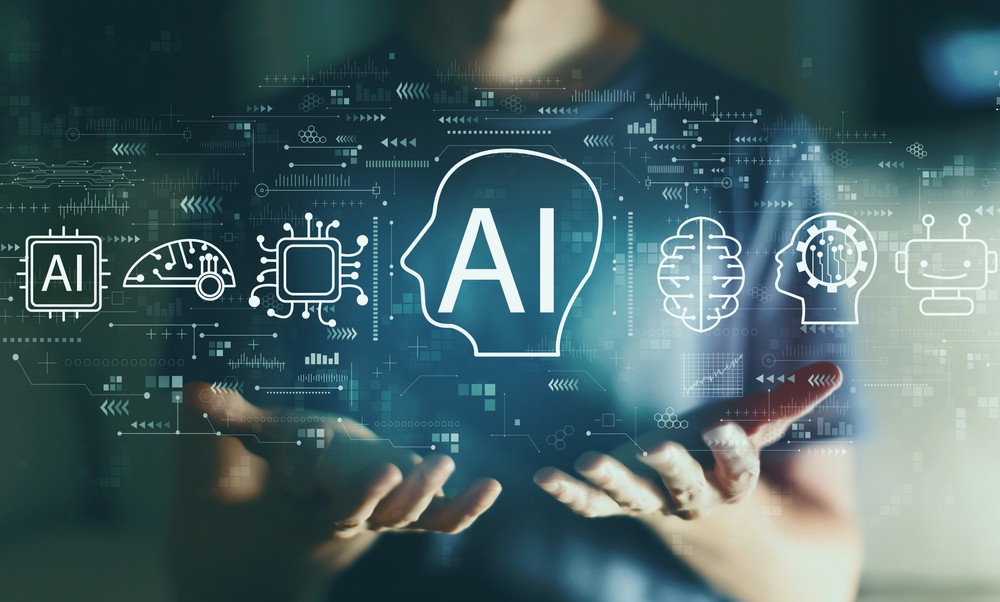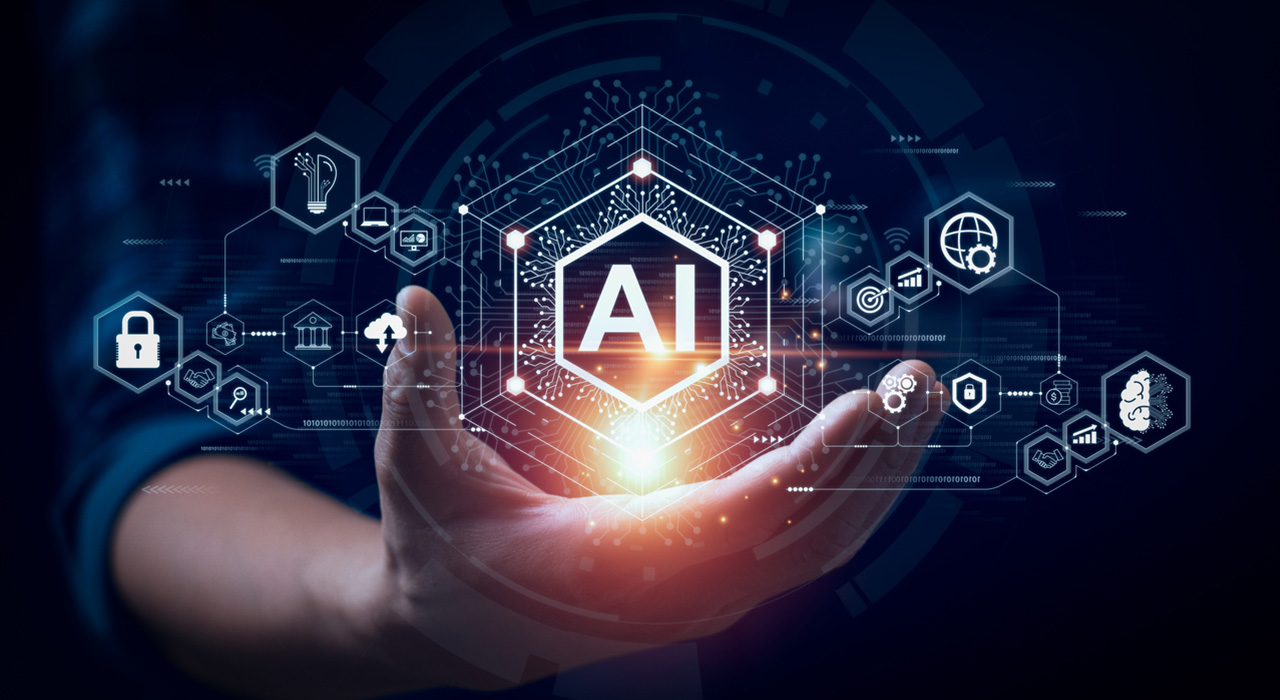Unlocking the Potential: Exploring the Realm of AI Technology

In today's fast-paced digital era, one technology stands out as a beacon of innovation and transformation: Artificial Intelligence (AI). From simplifying mundane tasks to revolutionizing entire industries, AI has become an indispensable tool in our daily lives. Let's delve into the fascinating world of AI technology, exploring its evolution, current applications, and future prospects.
The Evolution of AI: From Concept to Reality
The concept of AI isn't new. It has roots dating back to ancient times, with myths and legends depicting artificial beings endowed with human-like intelligence. However, it wasn't until the 20th century that AI as we know it today began to take shape. Pioneering researchers laid the groundwork for AI by developing algorithms and theories that mimic human cognition.
The turning point came with the advent of powerful computers and the accumulation of vast amounts of data. This convergence enabled AI systems to learn from experience, recognize patterns, and make decisions with increasing accuracy. Breakthroughs in machine learning, neural networks, and deep learning propelled AI into the spotlight, sparking a new wave of innovation across industries.
Current Applications: Transforming Industries and Enhancing Lives
AI's impact is felt across diverse sectors, reshaping the way we work, communicate, and interact with technology. In healthcare, AI algorithms analyze medical images, diagnose diseases, and personalize treatment plans with unprecedented precision. Autonomous vehicles powered by AI promise safer roads and more efficient transportation systems.
In finance, AI-driven algorithms detect fraudulent activities, optimize investment portfolios, and provide personalized financial advice to individuals. Retailers harness the power of AI to forecast demand, enhance customer experiences through personalized recommendations, and streamline supply chain operations.
Moreover, AI is revolutionizing education, agriculture, cybersecurity, and entertainment, among other domains. Its versatility and adaptability make it a transformative force with limitless potential.
Future Prospects: Unleashing the Power of AI
Looking ahead, the future of AI holds boundless possibilities. Advancements in natural language processing (NLP) and conversational AI will enable more seamless interactions between humans and machines, revolutionizing customer service, virtual assistants, and language translation.
AI-driven innovations in robotics and automation will redefine manufacturing processes, enabling greater efficiency, flexibility, and customization. The integration of AI with Internet of Things (IoT) devices will create smart, interconnected ecosystems, optimizing resource usage and enhancing quality of life.
Ethical considerations surrounding AI, including bias, privacy, and job displacement, will continue to be addressed through regulation, research, and responsible AI development practices. Collaboration between governments, industry leaders, and researchers will be essential to ensure that AI technologies benefit society as a whole.
Conclusion: Embracing the AI Revolution
In conclusion, AI technology represents a paradigm shift with profound implications for humanity. Its transformative power has the potential to solve complex challenges, drive economic growth, and enhance human well-being. By embracing AI responsibly and harnessing its capabilities for the greater good, we can unlock a future of unprecedented innovation and prosperity.
As we navigate this exciting journey into the realm of AI, let's remain vigilant, ensuring that ethics, inclusivity, and sustainability guide our actions. Together, we can harness the full potential of AI technology to create a brighter, more equitable future for generations to come.
Conclusion
In conclusion, the blog explores the remarkable evolution, current applications, and future prospects of AI technology. From its inception as a concept to its current status as a transformative force across various industries, AI has demonstrated its potential to revolutionize the way we live, work, and interact with technology. With advancements in machine learning, robotics, and natural language processing, AI continues to push the boundaries of innovation, offering solutions to complex challenges and enhancing human well-being.
As we embrace the AI revolution, it's imperative to address ethical considerations, such as bias and privacy, while fostering collaboration between stakeholders to ensure that AI technologies benefit society as a whole. By responsibly harnessing the capabilities of AI, we can unlock a future of unprecedented possibilities, driving economic growth, improving quality of life, and creating a more equitable world for generations to come. Let's embark on this journey with optimism and a commitment to leveraging AI for the greater good.
Here's the list of literature:
- "Artificial Intelligence: A Guide to Intelligent Systems" by Michael Negnevitsky - This book provides a comprehensive overview of AI concepts, techniques, and applications, making it suitable for both students and professionals interested in the field.
- "Deep Learning" by Ian Goodfellow, Yoshua Bengio, and Aaron Courville - This seminal textbook offers a thorough introduction to deep learning, covering topics such as neural networks, optimization algorithms, and generative models.
- "Superintelligence: Paths, Dangers, Strategies" by Nick Bostrom - In this thought-provoking book, Bostrom explores the potential risks and benefits of developing superintelligent AI systems, raising important ethical and existential questions.
- "Human Compatible: Artificial Intelligence and the Problem of Control" by Stuart Russell - Russell examines the challenges of ensuring that AI systems align with human values and goals, offering insights into the design of safe and beneficial AI.
- "Machine Learning: A Probabilistic Perspective" by Kevin P. Murphy - This textbook presents a probabilistic approach to machine learning, covering topics such as Bayesian methods, graphical models, and reinforcement learning.
- "The Singularity Is Near: When Humans Transcend Biology" by Ray Kurzweil - Kurzweil explores the concept of technological singularity, envisioning a future where AI and human intelligence merge, leading to profound societal changes.
These books provide a solid foundation for understanding AI technology and its implications. Whether you're a beginner or an expert in the field, each of these works offers valuable insights and perspectives on the fascinating world of artificial intelligence.





































































